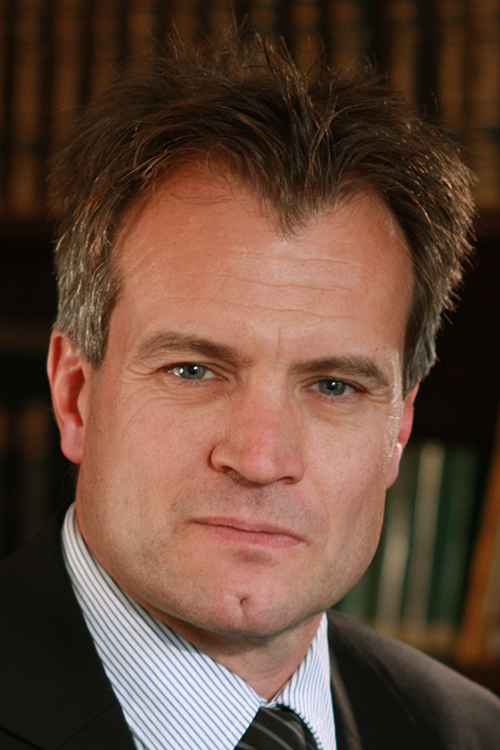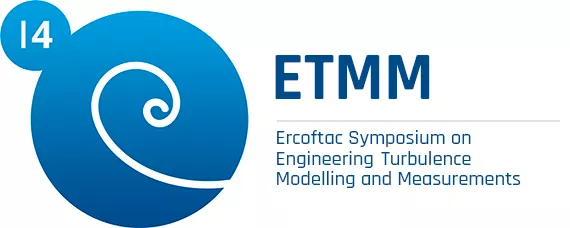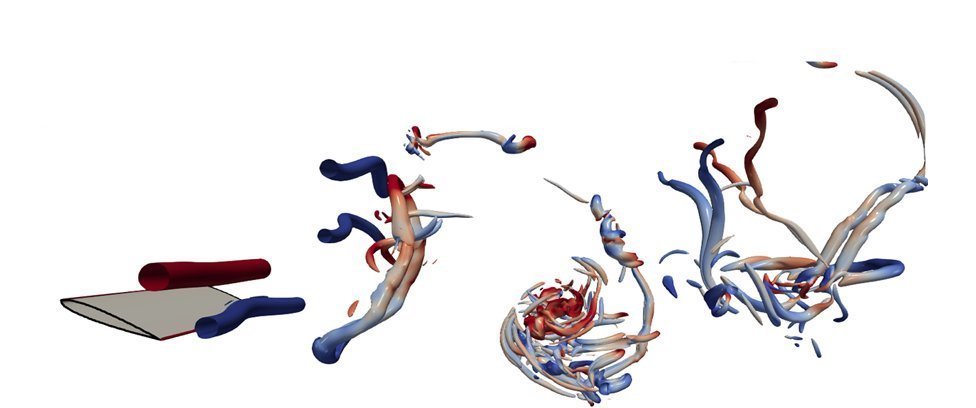
Oliver Paschereit
TU Berlin
Oliver Paschereit
TU Berlin, Germany
"How to solve the thermoacoustic problem in gas turbine combustors?"
Combustion instabilities – thermoacoustics – may occur in any enclosed combustion system. In particular they are a challenge in gas turbines and rocket engines. The high-pressure amplitudes and heat release oscillations may cause severe structural damage to combustor or engine, limit the operational envelope of modern gas turbines and may lead to higher pollutant emissions. Stability of these combustion systems is often assessed via low-dimensional network models and measured flame transfer functions, a black box representation of the complex interaction between flow, heat release and acoustics.
Better understanding of the hydrodynamic instability mode / flame interaction is obtained by using linear stability theory. The analysis shows clearly why the precessing vortex core occurs and how it may be suppressed depending on the initial conditions. In perfectly premixed flames linear stability theory explains well saturation of heat release fluctuations at higher instability amplitudes.
Short Biography
Christian Oliver Paschereit is heading the Chair of Fluid Dynamics, Hermann-Föttinger-Institut, TU Berlin since 2003. His research covers a broad spectrum of topics related to fluid mechanics and combustion technology: flow and combustion control, vessel aerodynamics, gas turbine technology, ultra-low NOx combustion, thermoacoustics, pressure gain combustion and wind turbine technology. Before moving to TU Berlin, Oliver Paschereit was holding an upper management position at ABB / ALSTOM in Switzerland which he joined in 1994. His work in industry on clean, efficient and reliable gas turbines paved the way for ultra-low emission gas turbine systems. From 1992 – 1994 he worked on high-speed train acoustics and helped to substantially reduce train noise. After his studies at TU Berlin and Ecole Centrale de Lyon he achieved his PhD from TU Berlin and the University of Arizona in 1992.
Oliver received a number of research awards and an ERC Advanced Grant in 2009.


